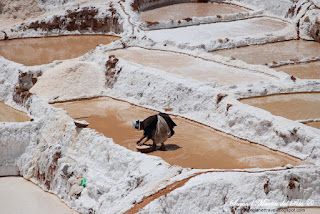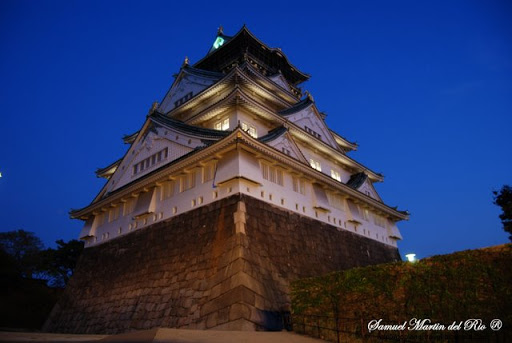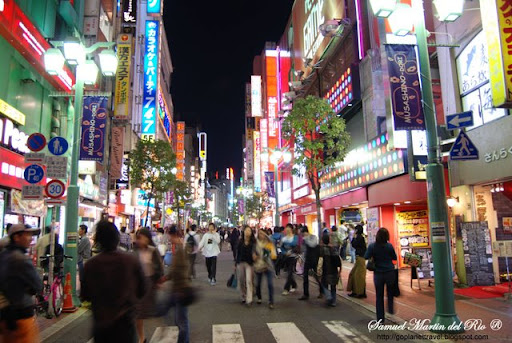El Jadida is a port city on the Atlantic coast of Morocco, in the  province of El Jadida. It has a population of 144,440 (2004 census) and is the port for Marrakech, 110 miles to the south. From the sea, El Jadida has a very un-Moorish appearance; it has massive Portuguese walls of hewn stone.
province of El Jadida. It has a population of 144,440 (2004 census) and is the port for Marrakech, 110 miles to the south. From the sea, El Jadida has a very un-Moorish appearance; it has massive Portuguese walls of hewn stone.
 province of El Jadida. It has a population of 144,440 (2004 census) and is the port for Marrakech, 110 miles to the south. From the sea, El Jadida has a very un-Moorish appearance; it has massive Portuguese walls of hewn stone.
province of El Jadida. It has a population of 144,440 (2004 census) and is the port for Marrakech, 110 miles to the south. From the sea, El Jadida has a very un-Moorish appearance; it has massive Portuguese walls of hewn stone. Agricultural products are exported from the port. It was seized by the Portuguese in 1502 and after 1541 was the only place Portugal held in Morocco. Repeatedly besieged by the Moroccans, it was finally captured by them in 1769. The city was formerly called Mazagan.
El Jadida, previously known as Mazagan (Portuguese: Mazagão), was seized in 1502 by the Portuguese. From 1580 to 1640, Portugal was under Spanish dynastic rule. Portuguese abandoned Mazagão in 1769. Many of its inhabitants were evacuated to Brazil, where they founded new settlement Nova Mazagão (now in Amapá). El Jadida was then taken over by Sultan Mohammed ben Abdallah.
The Portuguese Fortified City of Mazagan was registered as a UNESCO World Heritage Site in 2004, on the basis of its status as an "outstanding example of the interchange of influences between European and Moroccan cultures" and as an "early example of the realisation of the Renaissance ideals integrated with Portuguese construction technology".
interchange of influences between European and Moroccan cultures" and as an "early example of the realisation of the Renaissance ideals integrated with Portuguese construction technology".
According to UNESCO, the most important buildings from the Portuguese period are the cistern, and the Manueline church of the Assumption.
At present, the city's main exports are beans, almonds, maize, chick-peas, wool, hides, wax and eggs. It imports cotton, sugar, tea and rice. The presence of nearby ports and factories is responsible for the pollution of El Jadida's beaches.
Essaouria connects to El Jadida to the south via the R301 road.
El Jadida, previously known as Mazagan (Portuguese: Mazagão), was seized in 1502 by the Portuguese. From 1580 to 1640, Portugal was under Spanish dynastic rule. Portuguese abandoned Mazagão in 1769. Many of its inhabitants were evacuated to Brazil, where they founded new settlement Nova Mazagão (now in Amapá). El Jadida was then taken over by Sultan Mohammed ben Abdallah.
The Portuguese Fortified City of Mazagan was registered as a UNESCO World Heritage Site in 2004, on the basis of its status as an "outstanding example of the
 interchange of influences between European and Moroccan cultures" and as an "early example of the realisation of the Renaissance ideals integrated with Portuguese construction technology".
interchange of influences between European and Moroccan cultures" and as an "early example of the realisation of the Renaissance ideals integrated with Portuguese construction technology".According to UNESCO, the most important buildings from the Portuguese period are the cistern, and the Manueline church of the Assumption.
At present, the city's main exports are beans, almonds, maize, chick-peas, wool, hides, wax and eggs. It imports cotton, sugar, tea and rice. The presence of nearby ports and factories is responsible for the pollution of El Jadida's beaches.
Essaouria connects to El Jadida to the south via the R301 road.
July 2004



































































































No comments:
Post a Comment